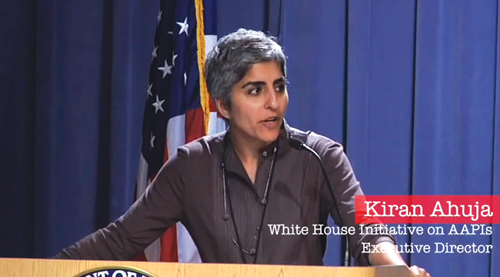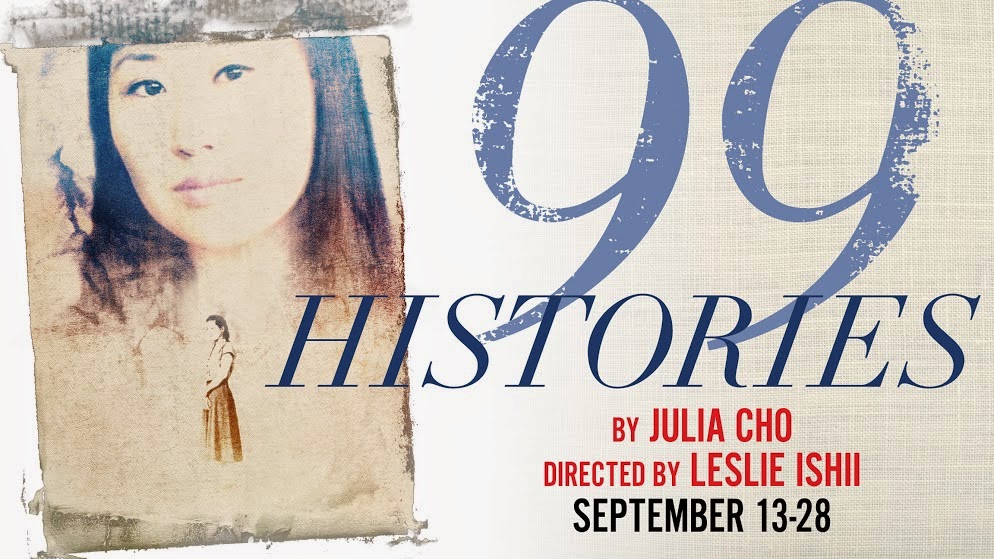The statistics on mental health in the Asian American community are staggering, if well-known to regular readers of this blog: Asian American women have the highest rate of depression and suicide among women of any race; Southeast Asian American refugees have high rates of PTSD and twice the national suicide rate; at a rate higher than youths of any race, two thirds of Native Alaskan & Pacific Islander LGBTQ youths have attempted suicide. More Asian American college students than White students report feeling sad when surveyed, and these rates rise to nearly 80% of survey respondents when asking Southeast Asian Americans. Suicide is the 8th leading cause of death for Asian Americans, compared to 10th for other racial groups.
Asian Americans are among the least likely of patients to seek treatment for depression, and when they do are arriving with more severe symptoms suggesting they wait longer before asking for help. In one study, only 2% of Asian Americans are willing to self-report symptoms of depression to their doctor — nearly seven times less than White patients.
Many researchers have attempted to identify the obstacles that hamper the rate at which Asian Americans seek treatment for depression and related mental illnesses. As reviewed in this report on the intersection of mental health issues with race and ethnicity for the Surgeon General (emphasis added):
Two explanations for this finding are that (1) Asian Americans are reluctant to use mental health care, so they seek care only when they have severe illness, and (2) families tend to discourage the use of mental health facilities among family members until disturbed members become unmanageable. Sue and Sue have found evidence that the reluctance to use services is attributable to factors such as the shame and stigma accompanying use of mental health services, cultural conceptions of mental health and treatment that may be inconsistent with Western forms of treatment, and the cultural or linguistic inappropriateness of services (Sue & Sue, 1999)
One of the most powerful actions that AAPI can take when it comes to issues of mental health and mental illness in our community is to destigmatize this conversation. So many of us have a personal relationship with these diseases, whether in regards to ourselves or our families; yet our collective silence on the subject of mental illness is demonstrably hurting us and our loved ones. The more we don’t talk about mental health, and the longer we refuse to own this issue in our community, the more we push those among us affected by mental illness deeper into the shadows where they cannot find help and support.
After years of effort by mental health advocates in the AAPI community, the cracks in this veil of silence are starting to show. Earlier this week, the Executive Director of the White House Initiative on Asian Americans & Pacific Islanders, shared her own personal family history with mental illness. Kiran Ahuja helped to destigmatize depression and suicide when she opened up about her brother’s suicide at the keynote talk for the Asian American Psychological Association’s 2014 conference.
Ahuja sent this tweet out moments before beginning her talk on August 6th.
Great group at #aapa14! Excited 2 share ideas about engagement to improve AAPI mental health. pic.twitter.com/7lyk8nXZra
— Kiran Ahuja (@KiranAhujaAAPI) August 6, 2014
Lakshmi Gandhi reported for the NBC News that Ahuja then shared a candid exploration of how her family was deeply impacted by her brother’s suicide 15 years ago:
“Losing my brother to suicide 15 years ago made me realize the importance of talking about mental issues in our community,” said Ahuja in her prepared remarks. “We must get past the cultural taboos and create an environment that encourages people to seek the help they desperately need.”
…Ahuja herself mentioned how important an open discussion of mental health was for doctors, patients and government officials alike. “In a way it humanizes the issues. Oftentimes there’s a personal story behind it all,” she said.
Almost by definition, depression is a silent disease that shows few physical signs. Whether due to cultural taboo or linguistic barriers, Asian Americans and Pacific Islanders are silenced by the spectre of these diseases and disorders, and in so doing we fail ourselves and our families who are living every day with mental illness, sometimes with profound and devastating consequences. Our community cannot continue to remain complicit in the ongoing stigmatization of mental illness; we need to be speaking up and speaking out, loudly and often.
I’m delighted to see Kiran Ahuja — and by extension the White House — taking the lead on this cause. It takes courage to share a story like Ahuja’s, which is so deeply emotional and personal, but this is the work that must be done if we are to once and for all end the stigma against mental illness among Asian Americans and Pacific Islanders, and finally pull this issue out of the shadows.
Related: (H/T @MsStefanieL) If you are in the Los Angeles area, please check out this upcoming play called 99 Histories, being put on by local Asian American theatre company Artists At Play. Written by playwright Julia Cho, 99 Histories explores mental illness in the Korean American community. Actress Julia Cho (not the writer) says about the play’s focus on the stigma of mental issues in our community:
It makes you wonder how many problems could have been alleviated sooner and more effectively had they been acknowledged and dealt with right then and there. When we feel isolated and alone, it feels almost easier to keep everything within. What I’ve learned more and more through working on this piece is how much we can learn and grow once we allow ourselves to share what scares us, what ails us. Because from even the smallest gesture of reaching out, wanting to connect, there is usually someone there who understands your pain or experience or at the very least cares enough to help you through it.
99 Histories premieres September 13th, and early bird tickets are currently available.


